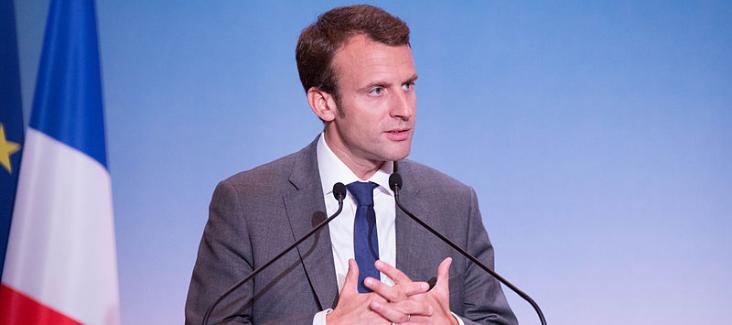The French President focused on the security, financial and sustainable development challenges ahead for the EU with his proposals for reform. Macron also touched on the democratic reshape of the EU in two points: the need for transnational lists of Member of European Parliament (MEP) candidates to fill the void of returning British MEPs in 2019 and the need for a series of democratic conventions across the EU, where Macron’s proposals would be debated and discussed. He stated that these conventions should take place before the 2019 Parliament elections and have a duration of six months.
“Macron is right - a transnational debate and a European convention is needed in order to relaunch the European project and enter into a new era of EU citizens, but a convention is only worthwhile if it is inclusive of citizens and civil society and, most importantly, leads to a vote in the form of a binding referendum at the end,” says Daniel Schily, board member of Democracy International.
A European convention, according to Article 48 of the Lisbon Treaty, is the only legal way to achieve any reform. A convention is composed of representatives of the national Parliaments, the Heads of State or Government of the Member States and the European Parliament and the Commission who jointly decide on treaty reforms.
Democracy International adds that the direct involvement of civil society members and citizens is vital in order to make the convention process participatory and transparent, ending with a binding referendum on which to be voted by all participants.

